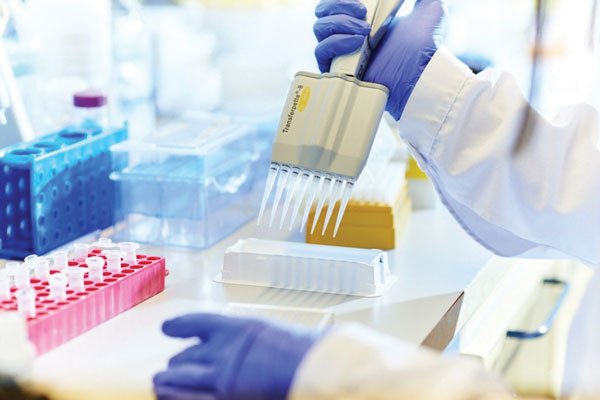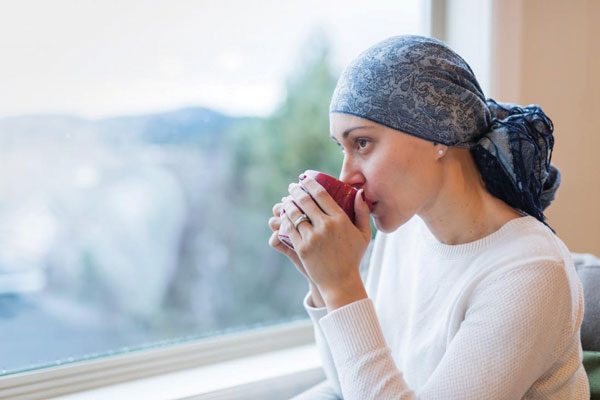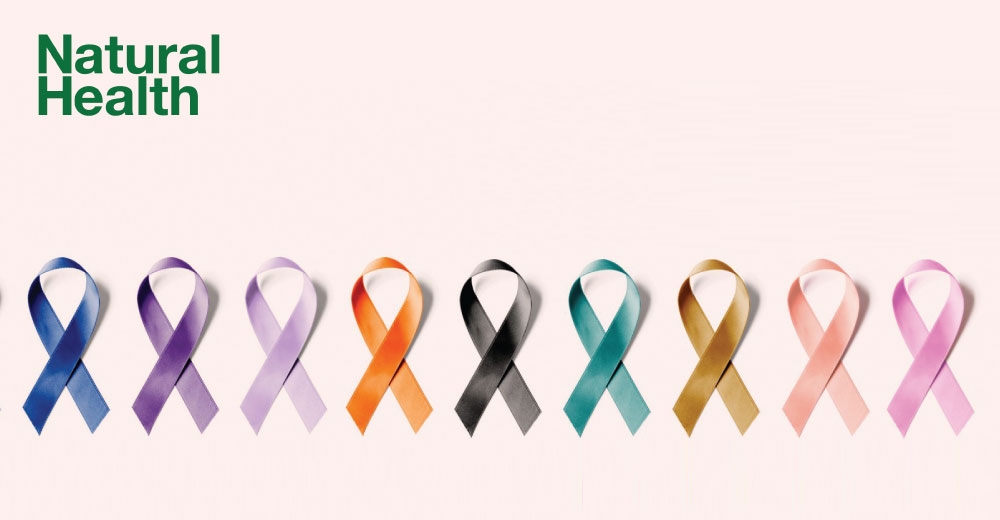The cancer burden in the country is on the rise. This rising is in tandem with medical (advances) and innovations that offers doctors better diagnostics tools and treatment options. Cancer was once broadly categorised by where it is located in the body but now cancer is better understood by the exact gene mutation causing the cancer, which is unique to every patient. Today, we have the Comprehensive Genomic Profiling (CGP) that identifies the unique gene mutation responsible for cancer cells growth in each patient. It helps doctors to choose and tailor treatment options that are best suited for each patient’s case, driving the progress of precision oncology. Here, we have Dr Nicholas Martin of Roche Foundation medicine to share with us some insights.
Q: What is cancer comprehensive genomic profiling (CGP) and when to get tested?
A: CGP is a molecular diagnostic approach based on the next-generation DNA sequencing technology. In contrast to conventional diagnostic tools, it allows physicians to get a full picture of tumour genomic makeup by sequencing the entire regions that code for proteins. Insights obtained from CGP can help match patients to the right drug at the right time.
Today GCP is largely used in late stages cancers when patients have failed standard of care. However, it is foreseeable that CGP will be use as early as possible in the future to get the best chances for patients.
Q: What is Foundation Medicine’s approach on CGP test?
A: The Roche Foundation Medicine approach is that all tumours types can benefit from CGP regardless of their anatomical location. Our flagship service, FoundationOne CDx, sequences the entire coding regions of 324 cancer genes to provide insights that help physician in the clinical decision making process.

Q: How many types of FoundationOne® CGP test available in Malaysia?
A: There are 3 types of FoundationONE CGP tests:-
- FoundationOne® CDx: Solid biopsy CGP test provided by Roche-FMI Malaysia, can detect all genomic alterations in 324 different genes for any solid tumor plus 3 signature biomarkers.
- FoundationOne® Liquid: Liquid biopsy test that only need 2 tubes of 8.5ml blood to perform for the test. For patient has insufficient/ exhausted solid tissue or direct biopsy is difficult or poses a high risk to patient. It may also be used to help plan treatment or to find out how well treatment is working or if cancer has come back (when disease progression or resistance mutation are unsuspected).
- FoundationOne® HEME, is a solid biopsy CGP test for people with bone and soft tissue cancer (sarcomas) using solid tumor biopsy. Sequence DNA of 406 cancer-related genes in sarcomas and RNA of 265 cancer-related genes in sarcomas
Q: How reliable is FoundationOne® CGP test results?
A: FoundationOne CDx has gone through an unprecedented analytical and clinical validation in over 6300 samples. The analytical validation demonstrated that it reliably finds what the test is designed to find, but more importantly the clinical validation demonstrate that results from the test help predict response to therapeutics. This is why it was the first CGP test to receive a full FDA approval.
Q: How many people have taken the cancer genomic profiling test in Malaysia and in the world so far?
A: Over 300,000 tumour genomes have been analysed by Foundation Medicine and this number is rapidly growing. In Malaysia, this service has been provided about 80 tests in Malaysia since 2017.
Q: What is the difference of FoundationOne® CGP test from hotspot genomic tests?
A: FoundationOne CGP uses the hybrid capture NGS technology to sequence the entire coding regions of cancer genes and it can detect all 4 types of genomic alterations. In practice it allows the finding of all the known genomic alterations but also unexpected alterations of clinical importance. In contrast, hotspot testing is limited by design to detect only one class of predefine alteration and can miss important alterations in the parts of the same genes not being tested.
Q: How long will it take to receive the results?
A: On average 14 days from the time the sample arrived at FMI laboratory

Q: How to order and who decides which test in your portfolio is suitable for the patient?
A: Only a physician can order a Foundation Medicine test after it has been appropriately discussed with the patient. The choice of test in our portfolio depends on the tumour type and also whether or not a tissue sample is accessible. FoundationOne Heme is for blood cancers and sarcomas. FoundationOne CDx is for solid tumours who can or have been biopsied and FoundationOne Liquid is for solid tumours that cannot be biopsied.
Q: How can you protect the patients’ rights at this point?
A:
- Patient will provide their consent to send their tissue for conducting the analysis of the requested test.
- Patient consent limited to Roche-FMI Malaysia, its affiliates/ distributors, who may receive Personal Data as part of its role in the sourcing and sending of tissue or blood samples to Foundation Medicine, Inc.
- Test result is sent directly to ordering physician via email by FMI to ensure confidentiality of the result.
Q: As patient samples have to be shipped to the US – how can you ensure they are not lost or damaged in route?
A:
- Patient confidentiality and sample integrity are among our highest priorities.
- There are established regulatory systems for transporting tissue across borders.
- We follow all appropriate guidelines and regulations and make every effort to ensure the sample is handled with care and caution.
 Q & A with Dr. Nicolas Martin
Q & A with Dr. Nicolas Martin
International Scientific Lead at
Roche Foundation Medicine


